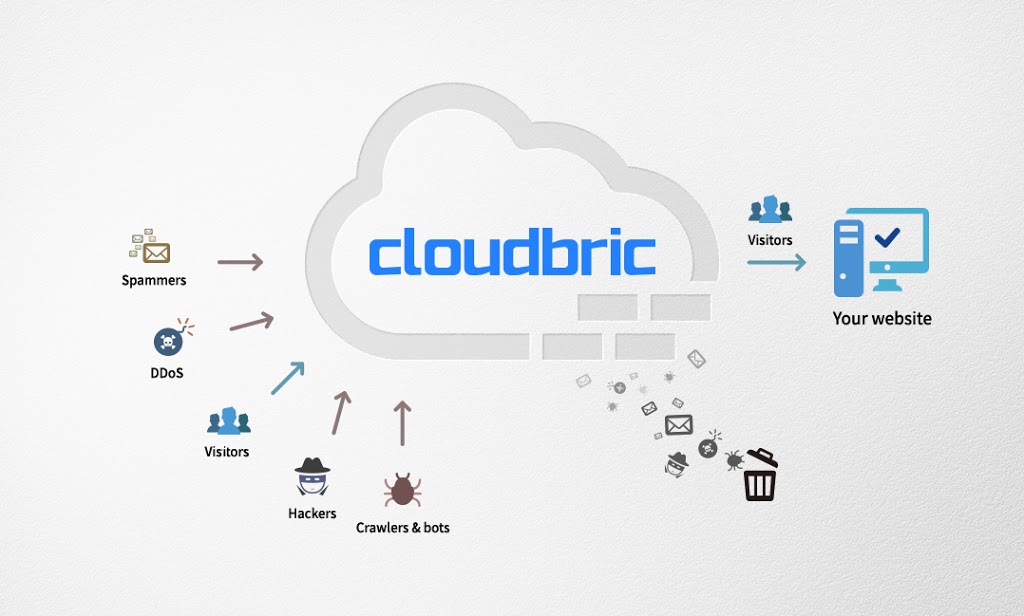
The advancement of the IT industry has meant that, a large majority of daily life now occurs through the internet. Industries such as finance, medicine, and civil affairs are already largely serviced online. In addition, the advent of the smartphone has only increased the freedom of these interactions by eliminating time and place barriers.
The so called ‘revolution’ of mobile technologies, such as the smartphone or tablet PCs has made web access no longer just the realm of desktop PCs. In other words, the internet is growing at exponential speeds and is also diversifying its channels of communications. This is incredible news as the world has never been so open and connected as it ever was, but this also lends itself to a major issue — cyber security.
Why is Web Security Important?
As of January 2014, there were approximately 861,379,000 registered host names, which is an increase of about 350,000 host names from just a month prior. You can clearly see that this is a staggering growth rate and it shouldn’t be taken lightly. The relationship between the internet and cyber security is not mutually exclusive.
As the internet gets bigger and more sophisticated, so does cyber security attacks and intrusions. Of those 861 million registered websites, only a handful will have the proper enterprise level protection that is needed to really filter out malicious traffic to a website. Why not start thinking about web security now and get ahead of the curve.
Here are some more interesting tidbits. According to a survey conducted by PwC, global cyber attacks increased more than 48% in 2014 and total web security incidents generally cost a business an average of $2.7 million a year. This survey was collected from a panel of more than 9,700 security, IT, and business executives ranging across 154 different countries. This really speaks volumes at how much of a problem cyber security really can become, especially for a small and medium business owner.
Although it is difficult (and a pain in the neck) to manage a cyber attack, most large corporations have the proper funding, IT specialists, and technology to recover extremely quickly from web attacks. This is why when you hear some of your favorite websites were attacked and exposed that you never really noticed a difference. These large enterprises don’t really skip a beat.
As soon as they detect an intrusion or attack, it is usually fixed within the hour. But what happens to those small business owners like your local flower shop, your childhood pediatrician, your trusted local bank, etc.? These small business all hold sensitive and private data that can easily be breached.
What Can I Do To Protect My Website?
There are a number of ways to protect your website or online business. One really good tip that many people feel lazy to do or overlook is to simply update all of your software and computer system. Most software companies and even operating systems constantly release new security patches or updates to help mitigate any potential vulnerabilities.
However, many people either don’t care about updating their system or simply forget to do it. Make sure it is a priority every time you turn on your computer!
Another common sense tip is to really use a complex password for all of your login information. By complex, we mean don’t use any predictable passwords, such as “password” or your full name. Even your grandmother can hack into weak login credentials like these!
Do yourself a favor and really begin tinkering with more hard to guess passwords that nobody would really have a chance to guess. Also, make sure to change the passwords often. It is a good practice to change the passwords almost every 6 months.
A third tip would be to obviously install website security tools to help keep you protect. This is a two pronged approach. It is important to know what to do AFTER you’ve been attacked or infected with malware. There are plenty of tools, such as Malwarebytes that are extremely useful tools to help clean your system once you get attacked.
Now, the more trickier form of website protection is what to do BEFORE you get attacked. Most average internet users just assume the internet is a safe haven, as long as you don’t surf on suspicious sites. This type of thinking is absolutely WRONG! Intruders are always on the offensive and look for new ways to tap into your private data, especially if they deem is valuable. That means any growing small or medium business can be attacked, right when your business is starting to take off. It’s important to cover your bases to prevent any of these attacks from happening.
Enter Cloudbric
Cloudbric is your source to help block web attacks from even happening in the first place. We act as a buffer or filter between you and your web servers. That means, WE are also always on the defensive and we always have your back while you keep doing what you’re good at — growing your online business and identity.
Cloudbric detects malicious traffic and blocks them from ever accessing you or your sensitive database. We also provide real time statistics on our easy to use dashboard, so almost anyone can really take control of their website!
It’s time to seriously start considering online protection. As the internet becomes a more complex society, so do cyber attacks and cyber criminals. This is why website security is not a choice, but rather, a necessity.





